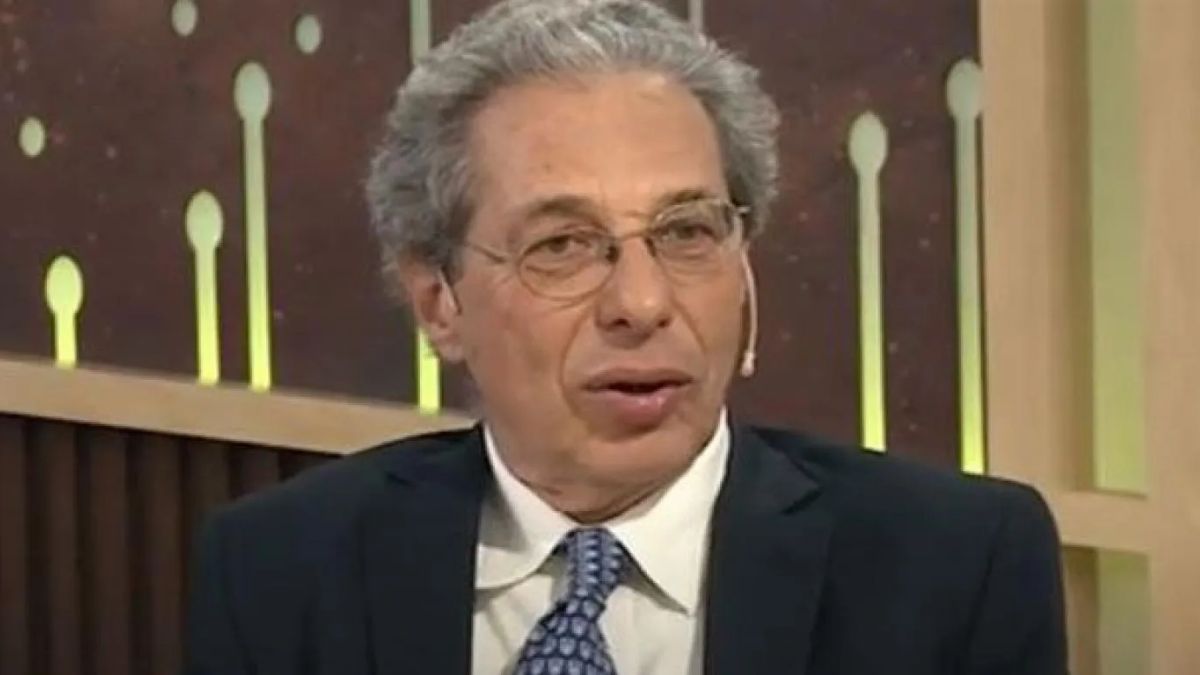The crisis was analyzed in a virtual meeting organized by Adcap Financial Groupin which the chief economist of the Latin American Economic Research Foundation (FIEL), Daniel Artanaand the former Secretary of Finance and director of the consulting firm Quantum, Daniel Marx, coordinated by Javier Timerman, partner of Adcap.
“Government still takes place; the situation is not like in the late 1980s. But what the government would have to do is send a clear signal that it is willing to do what needs to be done on the fiscal front.”explained Artana when speaking on the issue of spending.
The FIEL economist maintained that “probably this situation will not end in hyperinflation, although inflation will continue to be very high towards the end of the year and even next year”. In another aspect, Artana rejected the possibility that the government reapply the same solution used in 1989 by the then Economy Minister, Erman González, to eliminate the Central Bank’s quasi-fiscal deficit.
In those years, people deposited time savings for up to a week. The BCRA took those funds from the banks, but since the rates paid were positive, the mass of money became unsustainable.
The government made a compulsory exchange of fixed-term certificates for External Bonds (Bonex) in dollars maturing in 1999. “There is no risk of going to a Bonex plan because the Central Bank’s debt is not indexed,” Artana explained. In fact, the rates paid by the Liquidity Letters (Leliqs) are well below inflation.
On the other hand, Artana referred to Miguel Pesce’s policy of defending the value of securities in pesos with which the government deficit is financed. He said that “many central banks of developed countries have been buying debt, but they are not broke”. “Here there is not much room for maneuver, and the risk is increasing. They can provide liquidity, yes, but they are not solving the problem”, she warned.
On your side, Daniel Marx referred to the effects of the resignation of Martín Guzmán as head of Economy by pointing out that “the policies did not change too much” with the arrival of Silvina Batakis. “Argentina continues to have the problem of creating confidence to grow and attract investment,” she explained.
“The reduction in money demand is a demonstration of the lack of confidence. In the last 12 months, the monetary base increased by 47%, while inflation was around 70%”, he added.
The director of Quantum also ruled out a scenario of extreme measures. “Nominal deposits are relatively stable, even in real terms”, he pointed out and explained that “The Central Bank’s debt is at a fixed rate, so the Government would not need to go to a Bonex Plan.” On the other hand, he said that “technically, Argentine debt in foreign currency has almost no maturities until 2025 and pays very low coupons, so thinking about a restructuring does not make sense”. And he added that “with domestic debt it is almost the same”.
Source: Ambito
David William is a talented author who has made a name for himself in the world of writing. He is a professional author who writes on a wide range of topics, from general interest to opinion news. David is currently working as a writer at 24 hours worlds where he brings his unique perspective and in-depth research to his articles, making them both informative and engaging.




